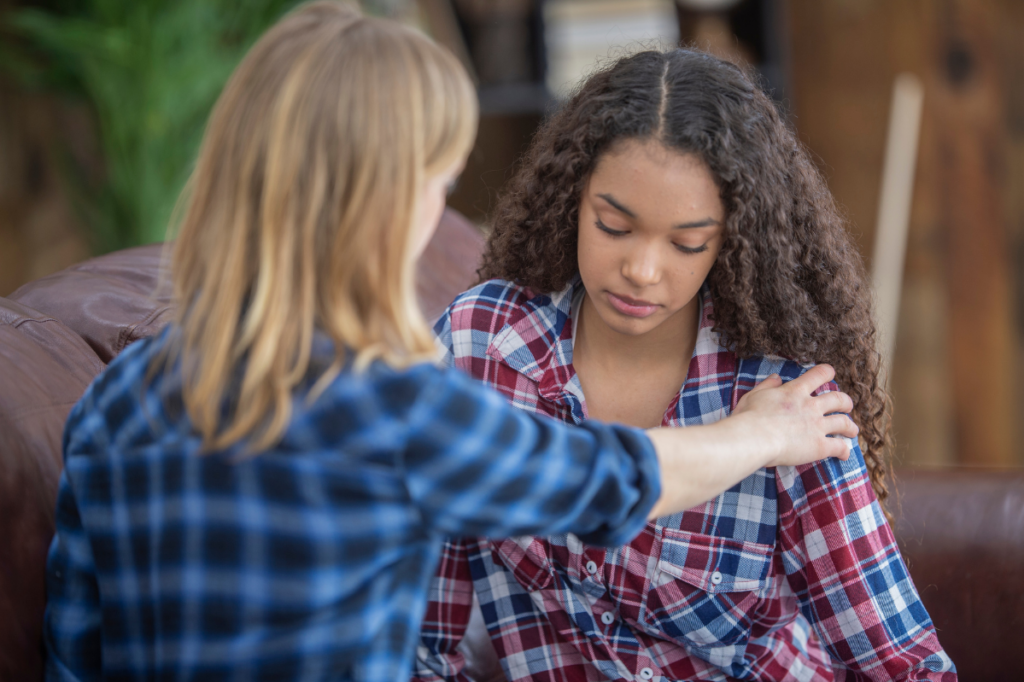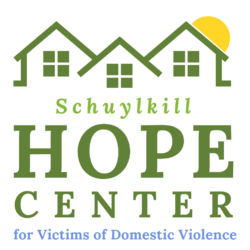What If I Think That Someone
I Know Is Being Abused?
First, if they won’t talk to you about what is happening to them or if you feel reluctant to broach the subject, please call us.
Hope Center offers free, confidential counseling to “significant others” – those who are concerned that someone they care about is, or may be, in an abusive relationship. Keep in mind – many victims lose their sense of self-worth. Often, they’re convinced they deserve the abuse they receive.
Domestic violence situations can be extremely dangerous – not only for the victim who is being abused – but also for their children, loved ones, friends, and co-workers. Hope Center offers the following information as a guide only – remember not to involve yourself directly in volatile or potentially volatile situations, but always first consider calling the police or referring a friend or loved one to a domestic violence agency or shelter for help.
How can you tell someone may be abused by their partner? Here are some of the warning signs:
- Do they try to hide injuries under long sleeves or pants, or have bruising on their torso?
- Do they frequently miss work, social events, or family gatherings?
- Do they exhibit bruises in various stages of healing – from deep purple/black to brown or yellow?
- Are their injuries consistent with someone defending themselves? (On their hands, feet, or on the outside of their arms – areas that would be on the “receiving end” of blows if they were curled up in a defensive posture?)
- Are they reluctant to invite people to the home they share with their partner?
- Do they appear to be the submissive partner in a relationship with someone who is overly controlling?
If you suspect someone you know is in an abusive relationship:
- Let them know that it’s okay and safe for them to talk to you about it.
- Reinforce that you are there to listen to them, no matter what time of the day or night.
- As a first step toward healing, let them know that they are not alone, in spite of the very isolating circumstances and feelings that domestic violence creates.
- If they deny the abuse, let them know that Hope Center services are available to help them – or anyone else they might know who may be interested.

